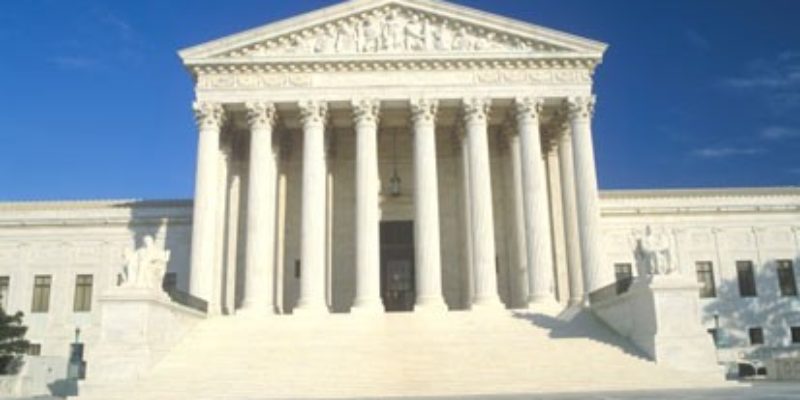On January 17, the U.S. Supreme Court agreed to hear three new cases this term: Ford Motor Company v. Montana Eighth Judicial District Court (consolidated with Ford Motor Company v. Bandemer), Chiafalo v. Washington (consolidated with Colorado Department of State v. Baca), and Little Sisters of the Poor Saints Peter and Paul Home v. Pennsylvania (consolidated with Trump v. Pennsylvania).
As of January 21, the court had agreed to hear 73 cases this term.
In the Little Sisters of the Poor Saints Peter and Paul Home case, the plaintiffs appealed to the U.S. Supreme Court, arguing that the 3rd Circuit was wrong to deny their organization standing to appeal its decision against the contraceptive mandate exemption rules. They also argued the 3rd Circuit’s decision created a regulatory environment that violates the Religious Freedom Rights Act.
The consolidated case of Ford Motor Company relates to Ford vehicles driven in car accidents. For example, a passenger who sustained a severe brain injury in an accident driving a Ford vehicle filed a claim against Ford alleging the passenger-side airbag failed to deploy. In another example, a vehicle’s tire experienced a tread/belt separation causing the car to roll into a ditch, resulting in the driver’s death. A claim was filed against Ford for liability and negligence.
Ford attempted to dismiss both cases in their respective state district courts, citing a lack of personal jurisdiction, which were denied. During the appeals process, the state appellate courts affirmed the district courts’ rulings. And Ford then appealed to the state supreme courts, and lost both cases again. It appealed to the U.S. Supreme Court to review both cases.
In the consolidated case of Washington and Colorado, state-appointed electors to the Electoral College voted contrary to their respective state’s laws requiring that they cast their electoral college votes for the winner of the popular vote. The states penalized the electors for doing so, and they appealed the penalties.
In Colorado, the federal circuit court affirmed in part and reversed in part the findings of the district court and remanded the case. In Washington, the state supreme court affirmed the ruling of the trial court.
Both filed petitions for review with the U.S. Supreme Court.
Does a state penalizing an elector for exercising his or her constitutional discretion to vote violate the First Amendment?
Does Article II or the Twelfth Amendment forbid a state from requiring presidential electors to follow the state’s popular vote when casting electoral college ballots?
The Supreme Court will decide on the matter this year.
Advertisement
Advertisement

